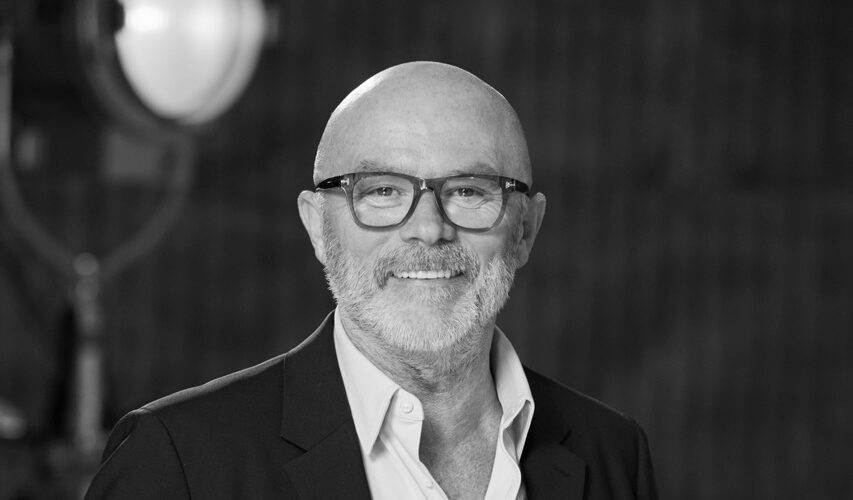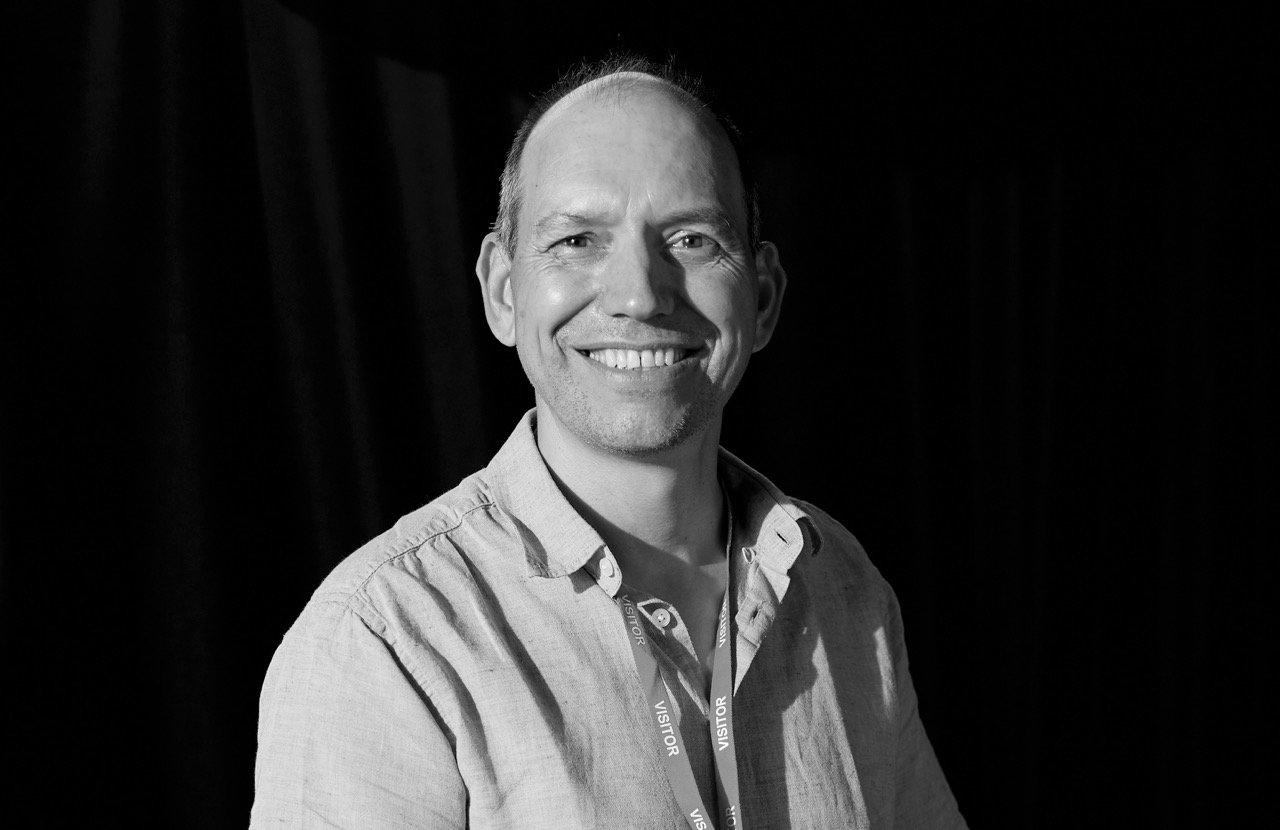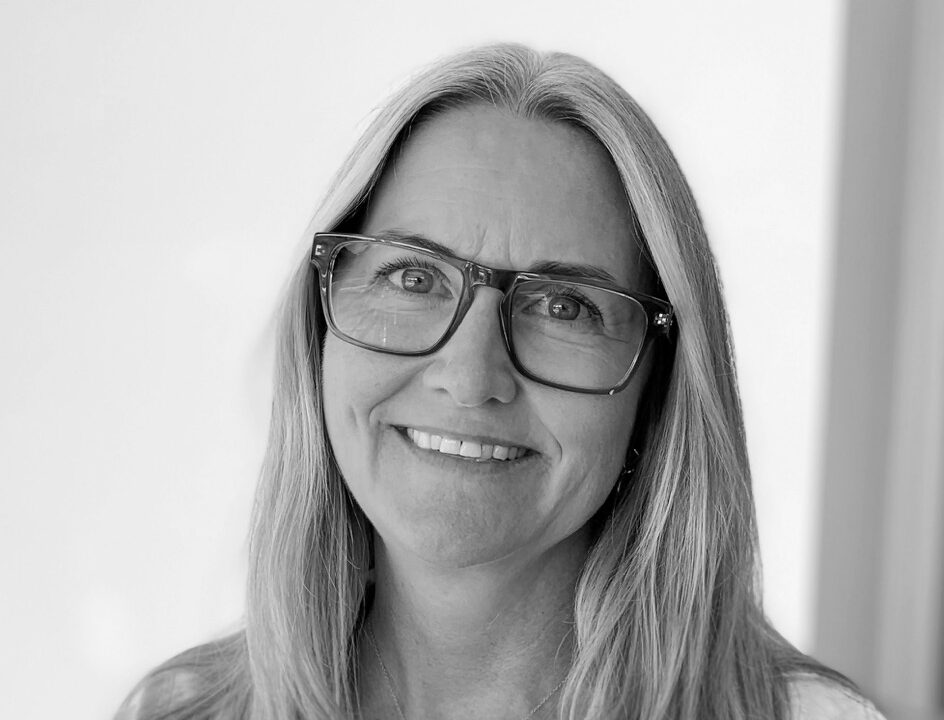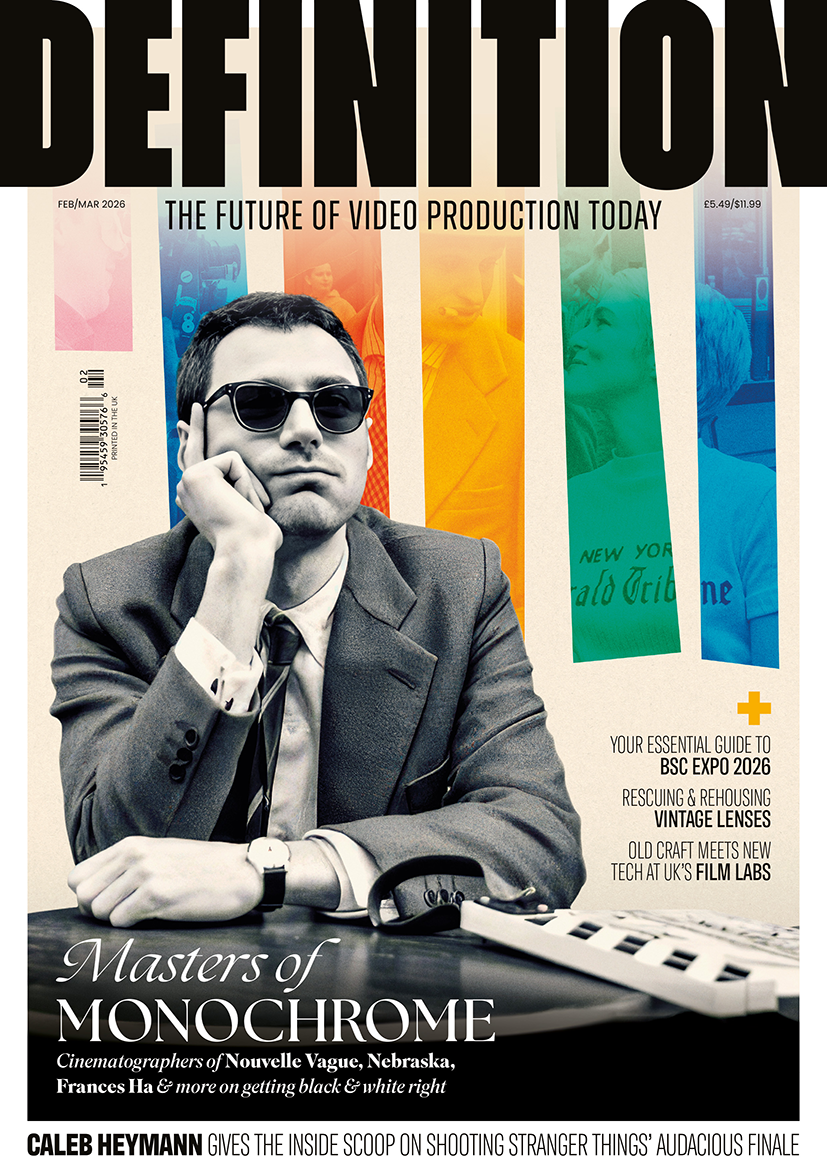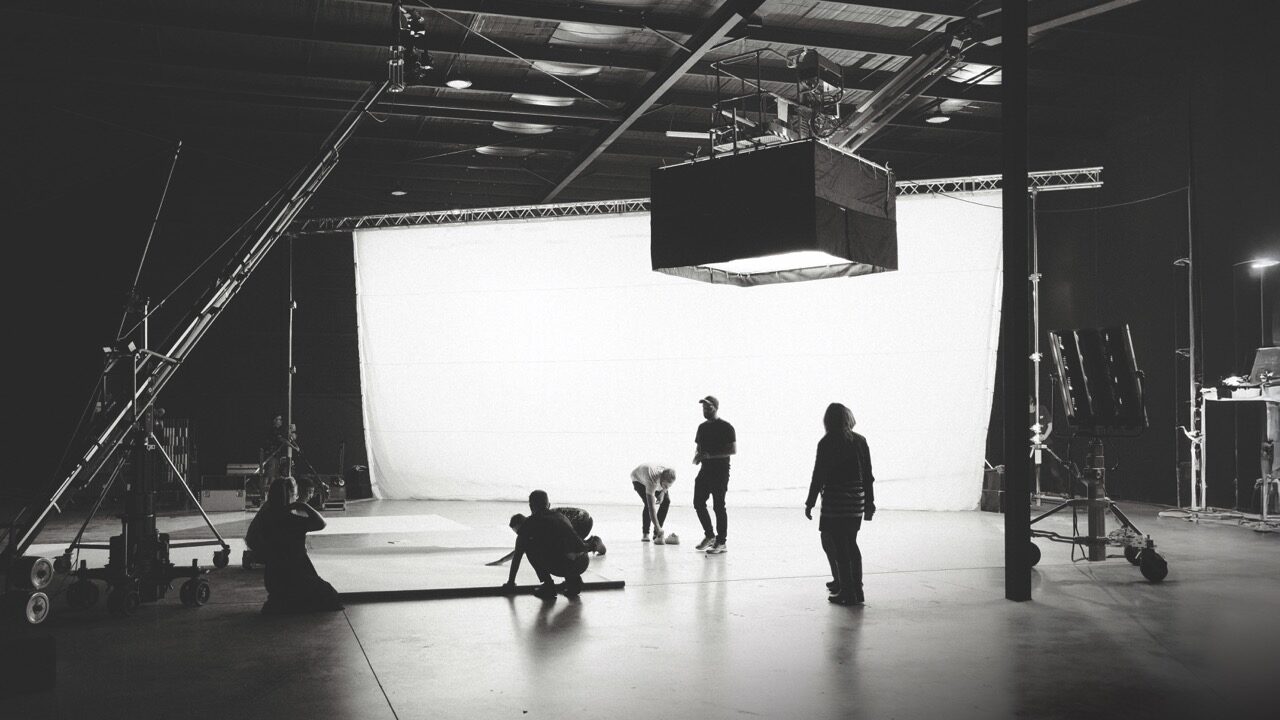
Round table: Rental
Posted on Aug 14, 2025 by Admin
With the production kit rental sector at a crossroads, we gather a panel of experts to discuss the lay of the land, key challenges and what’s next
The panel
- Jacob Alatise, Partner, CameraOne
- James Bridgford, Managing director, Get Set Hire
- Jamie Crosbie, Senior vice president, Universal Production Services
- Barry Bassett, Managing director, VMI
- Dan Edmonds, Account manager, Universal Pixels
- Dana Harrison, COO, ARRI Rental UK
DEFINITION: From your vantage point, what is the current lay of the land in the rental sector, and how would you characterise the mood in your corner of the industry?
Jacob Alatise: The landscape is undoubtedly challenging. We’re seeing tighter budgets, shorter lead times and increasing client demands across the board – from commercials to features. The mood? Realistic but resilient. There’s caution, yes, but also a renewed focus on value, reliability and trusted partnerships. In this environment, CameraOne’s long-standing reputation for consistency, flexibility and support is more vital than ever before.
James Bridgford: The rental sector is starting to regain momentum after a turbulent stretch. Since spring, we’ve noticed a meaningful uptick in demand and, while it’s not full throttle yet, the gears are turning. Budgets are still being squeezed and turnaround times are noticeably shorter, which means efficiency and reliability are more crucial than ever. What’s exciting is the level of collaboration we’re seeing across departments and suppliers. There’s a stronger sense of dialogue, mutual support and problem-solving. While the industry is undergoing significant change, there’s also a sense of grounded optimism. People are realistic about the challenges, but there’s a clear appetite to innovate and adapt. From where I stand, it’s not just about bouncing back, but about reshaping the way we work for the better. That energy and openness to doing things differently is what gives me confidence in the months ahead.
Jamie Crosbie: From my vantage point, the rental sector in set lighting and grip remains a vital pillar of the production ecosystem. Like much of the film and TV industry, it’s been going through a period of recalibration. At Universal Production Services, we’re focusing on investment in our cutting-edge inventory, our knowledgeable staff led by Rob Garvie in the UK and, now, our brand new facility. We just completed a move this summer to a new 100,000 sq ft facility directly across the street from Sky Studios Elstree. From this new location, our experienced staff can support all the London area studios and location shoots and supply industry leading equipment across the UK and beyond. In our conversations with clients, we’re hearing a return to fundamentals: tighter budgets, more strategic planning and a renewed emphasis on value.
Barry Bassett: Rental is quite simple – we need to be relevant by offering a service which our clients value. At the point that we stop doing this, we become superfluous and will go out of business. Gratefully, we’re now seeing an increase in production levels, so having fewer rental competitors has made business somewhat easier than before, but the truth is that no rental companies can afford to be complacent, and all need to work hard to engage with their clients and keep innovating, if they want to succeed. To keep doing the same thing year after year, our clients will become bored and go elsewhere.
Dan Edmonds: In all our sectors, the rental market seems very busy this year. With film and TV specifically, there’s a positive mood going forward after the last few years of uncertainty, which understandably caused worry for some.
Dana Harrison: Here in the UK, there’s a sense of the energy picking back up and activity increasing. For several years, the government has supported the industry with tax incentives that have attracted international filmmakers and driven domestic investment. The UK has a reputation as a world-class production hub with incredible infrastructure, talent, crews and services. High-end American production in the UK is buoyant and the positive outlook here is largely attributable to those kinds of productions. Overall, the mood is cautiously optimistic.
DEF: What are the key pressures you’re facing right now, and how are they reshaping the way you operate?
JA: Pricing pressure and compressed production timelines are the two biggest factors. Clients expect faster turnaround and more for less – without compromising quality. We’ve responded by streamlining our logistics, investing in real-time availability tools and expanding our prep facilities to handle tighter schedules. We’re also working more as consultants on productions, helping clients select kit that balances budget, creativity and practicality.
JB: The unpredictability of projects is a huge factor right now. On the commercial side in particular, plans shift rapidly, often at the mercy of global instability. As a result, we’ve had to dial up our agility, both in how we schedule and how we staff. We’re investing in a more diverse mix of premium quality kit, including greener power options, and we’re building stronger, more responsive partnerships with our clients. Cross-training the team has been a game changer too. It means we can respond faster and smarter when plans change. We’re also putting even more emphasis on the quality of service. It’s never just been about delivering equipment; it’s about delivering peace of mind. That includes anticipating needs, offering tailored support and being ready to step in with creative solutions when things get complex. The landscape might be demanding, but it’s also pushing us to be sharper and more dynamic.
JC: The key pressure we’re facing, as always, is adapting to a rapidly changing industry. We’re being more deliberate in how we deploy our assets across regions, and investing in technology to improve efficiencies. We’re also having to lead more consultative conversations with productions to educate and align on value, rather than just rate sheets.
BB: In short, the TV industry has changed for a multitude of reasons, and AI is threatening to alter it even further. These pressures have resulted in a marked decline of the rental industry. Rental companies are struggling to adapt, and those who haven’t adapted quickly enough have gone out of business. Since cameras have become more affordable and recent closures of rental companies have flooded the industry with second-hand equipment, clients have been incentivised to buy rather than hire.
Production budgets are also in decline, and this is occurring while camera tech is improving. The inevitable migration to using cheaper equipment is another challenge for rental companies, as our costs aren’t shrinking!
Manufacturers are still keen to push new models every year, so, from the perspective of rental companies, this means our regular business model of spending upwards of £1m per year to invest in the latest tech has become much harder to achieve, and is partly the reason for the high level of recent business failures. Our challenge is to find the best balance for buying the latest kit, while sweating our existing plant before the tech is replaced with a new model.
Perhaps the biggest threat is the growing importance of owners and operators wanting to rent their own equipment for production to bolster their earnings. This isn’t a new issue, but has become so prevalent of late that rental companies find themselves swimming in ever-shrinking pools. I remember a memorable hire when the production company kept reducing their comprehensive package until it shrank to just a trolley, but still asked to book a test room so they could test their equipment, as it was being supplied by many different members of the crew and they wanted to make sure everything worked together. We weren’t very impressed.
DE: Our main pressure at the moment is making sure we have enough crew members with the right skills. To help with that, we’ve started hosting product training at our Tring office to upskill crew. This helps them become more knowledgeable and gives them an introduction to the wider industry.
DH: Rental companies have felt the effects of 18 turbulent months, triggered by the SAG-AFTRA strike, limiting strategic investment as the industry recovers. At the same time, technology continues to accelerate and equipment options continue to widen, making purchase choices complex and risky. There’s pressure to respond quickly to filmmaker needs, but also consider inventory investments very carefully. Other pressures include competitive price discounting in an increasingly crowded market and a growing amount of privately-owned equipment, both of which chip away at margins. In general, there’s a burgeoning trend of productions having equipment requirements far in excess of their budgets.
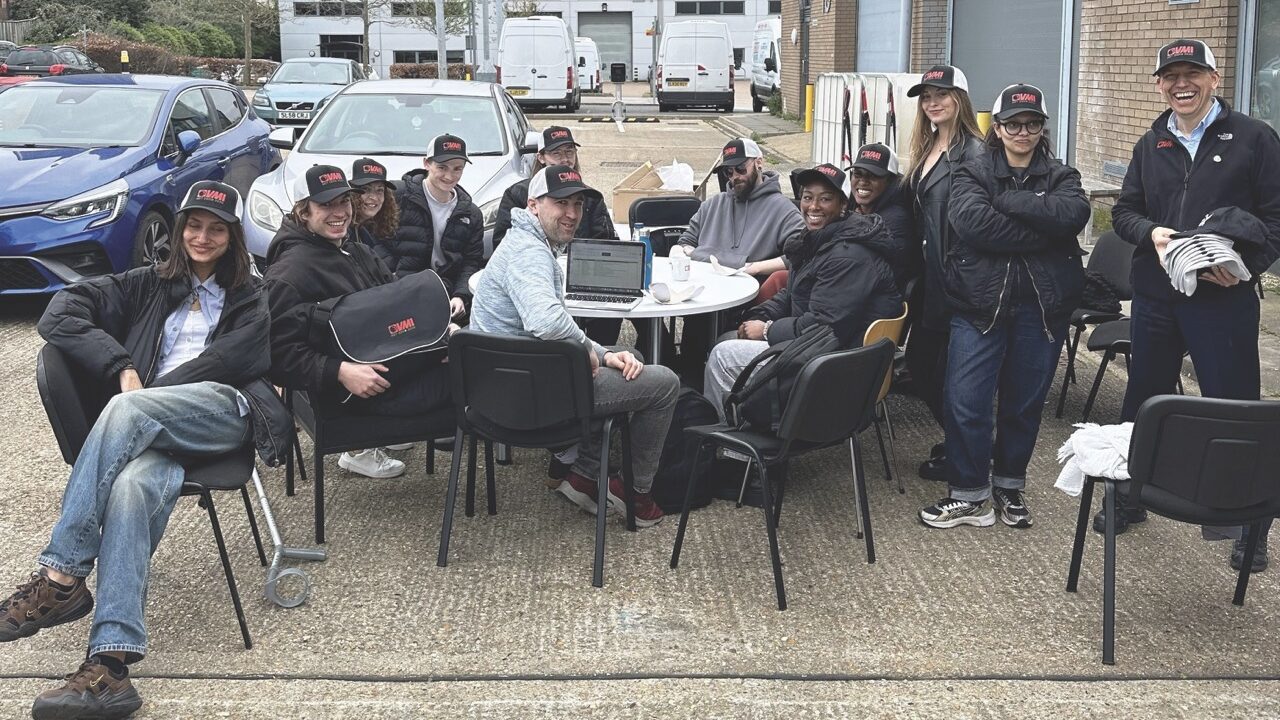
DEF: Beyond access to gear, where do you see rental companies adding real value today?
JA: Gear is just the start. The real value is in support – technical guidance, flexible service and fast problem-solving when things change, which they always do. At CameraOne, our clients lean on us for advice, not just inventory. Whether it’s help building bespoke camera packages, solving compatibility issues or supporting on-location deliveries, we see ourselves as an extension of the crew themselves, not just a supplier.
JB: The real value lies in the service experience. Productions want partners who are proactive, knowledgeable and invested in helping them succeed. That might mean sourcing a specific item at the eleventh hour, assisting with tech recces or offering expert support on set. We also make a point of getting involved early on in the process. That way, we can help teams spec the right kit from the start and avoid costly surprises down the line. It’s about being present, engaged and solution-focused. What really sets a rental company apart is the high quality of kit we supply, paired with the human element of being responsive, thoughtful and dependable when it matters most. We aim to be a creative ally, not just a supplier. When you’re solving problems behind the scenes and helping things run smoothly; that’s what builds genuine trust and long-term partnerships.
JC: In a word: collaboration. Beyond simply providing gear, the real value production support providers bring today is collaboration and problem-solving. Our goal at Universal Production Services is to act as an extension of the production team. We work closely with crew early on in the process to right-size equipment packages, streamline logistics and anticipate challenges. We’re not just dropping off gear – we’re helping productions think ahead, stay efficient and deliver quality under pressure.
BB: This is all about relationships. While camera equipment is fundamentally ubiquitous, service is not, and neither is the strength of equipment specialisation of individual companies. VMI specialises in documentaries and scripted drama/features, while others specialise in multi-camera or unscripted productions. Working with companies who can offer great support, together with a wide range of equipment, experience and personnel, and who are able to fully customise equipment packages to suit individual production teams, is a huge bonus to the crew and gives great confidence to production. Backups are another massive positive for rental companies. Where a private owner will invest in a single camera and a lens, the rental company will usually stock multiples of each and have a backup on the shelf which can be easily replaced in the event of equipment failure. Drama productions can cost up to £60,000 per hour, so any downtime can be incredibly expensive and producers need to factor this in.
DE: While the variety of equipment that rental companies can offer is significant, our biggest asset is in-house expertise. Our team has a wealth of experience that clients can tap into, effectively extending their internal resources and capability.
DH: Service, flexibility and expertise. It’s not just about having the equipment and renting it out; real value is added by backing up that equipment with years of industry knowledge and experience. Facilitating the creative vision of our customers entails a whole host of competencies that go far beyond just loading flight cases into a truck. We need to be intuitive, responsive, supportive and dependable, because production plans can change very quickly. We need to know how filmmakers think and how they use the equipment on set. At ARRI Rental we add value through custom solutions and exclusive products like our digital and analogue 65 mm cameras, as well as our affiliation with the ARRI brand.
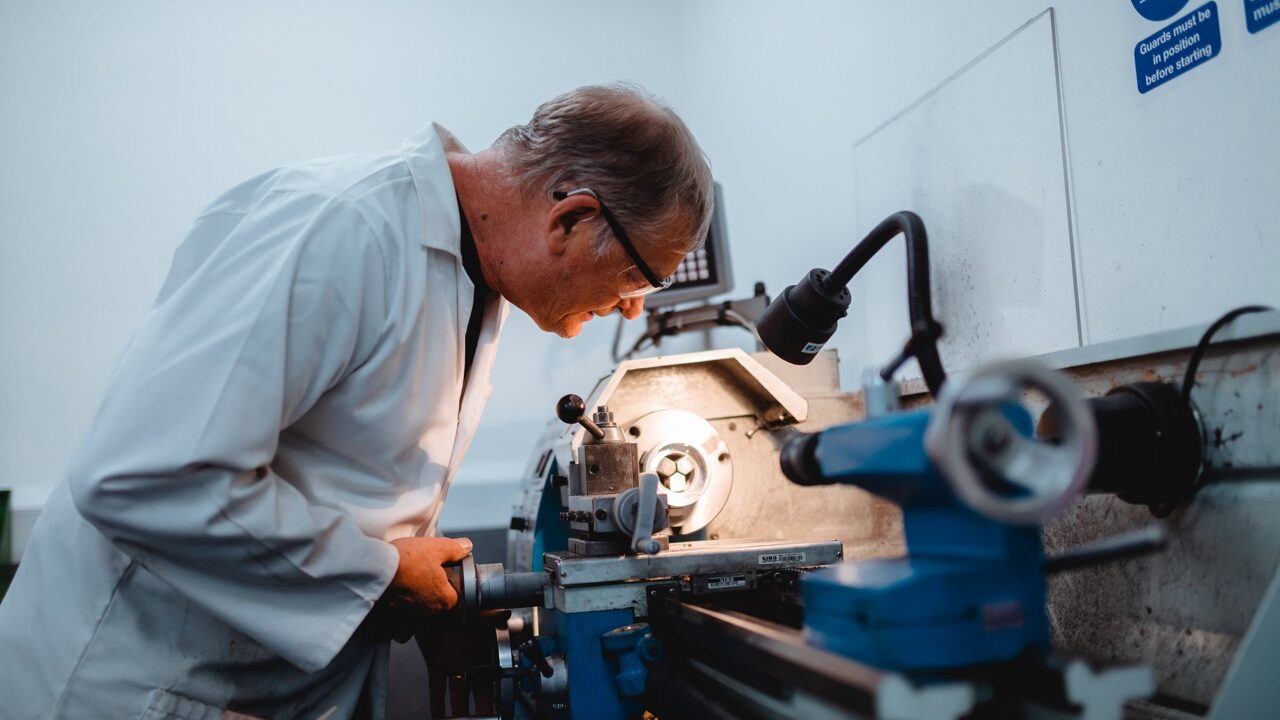
DEF: Sustainability is an increasingly hot topic – for productions and also across the whole supply chain. How is your business responding to that?
JA: We’ve made sustainability a core part of how we operate – from investing in reusable packaging to running a centralised logistics model that reduces transport miles and emissions. We’re also extending the usable life of gear through rigorous maintenance, ensuring equipment stays in circulation for longer and out of landfills. More broadly, we’re engaging with clients to explore how smarter kit selection and fewer unnecessary deliveries can reduce the environmental footprint of a shoot.
JB: Sustainability is part of our DNA. It’s not a bolt-on or afterthought. For years now, our team – particularly owners Paul and Bryony – have been driving our mission to help productions reduce their environmental impact. We’re proud to work with AdGreen, and contributed to Film London’s The Fuel Project, which uncovered a massive gap between capability and actual uptake. While over 80% of the film and TV supplier fleet in London could run on HVO, only 14% do. We took action years ago by converting our entire delivery fleet to electric and HVO, slashing our emissions in the process. We also offer eco-conscious alternatives like Ram Board floor protection, refillable water coolers and have saved over a million single-use plastic bottles from being used through our initiatives. So far, we’ve planted 1682 trees through our client survey scheme, and every quote we send includes a carbon footprint fact sheet. Through the SME Climate Hub, we’ve committed to the Race to Zero too. Sustainability is how we do business.
JC: Comcast NBCUniversal and Universal Production Services both have a strong commitment to sustainability, and we’re proudly listed as a BAFTA albert sustainable supplier. We’re expanding our battery and hybrid power solutions to reduce diesel use and provide cleaner, quieter on-set energy. Our vehicle fleet is shifting toward HVO models and we’re upgrading our trailers with energy-efficient solar options, as well as aligning with strategic partners in sustainable transportation assets. Across the board, we’re aligning with productions to help them meet their sustainability goals – whether through greener equipment, smarter logistics or carbon impact reporting. It’s about delivering the same high quality of service while reducing our carbon footprint.
BB: VMI is albert-certified carbon neutral, so hiring from VMI is entirely climate neutral. Our company is on target to become net zero by 2030, having more than halved its carbon emissions since 2019 and paying to offset its remaining footprint through albert-approved projects to maintain its official carbon neutral status. VMI’s sustainability leadership has won it much acclaim and multiple awards. It has operated on 100% renewable energy since 2017, installed 55kW solar panels to become a net energy exporter for a third of the year, eliminated landfill waste and single-use plastics and now has a vehicle fleet of mainly EV/hybrid vans. VMI also champions fair pay, employee wellbeing, apprenticeships and young creatives while promoting industry-wide sustainability through its Green Pledge and Rental Sustainability sites.
DE: We’ve been on the path to sustainability for some time, and Universal Pixels is currently in the process of becoming B Corp-certified.
DH: Among the goals defined in our Environmental Statement are fully paperless workflows by 2027 and an emissions reduction of 40% by 2030. We’re a member of ASPEC and sustainability is an agenda point at every meeting, providing the opportunity to share ideas and practices. We also recently took part in The Fuel Project, decarbonising transport and mobile power for the film and TV industry. In addition to these commitments, we’re constantly exploring further carbon emissions reduction and sustainability initiatives. Sustainability is a shared responsibility, so we aim to educate and involve all of our teams in these efforts.
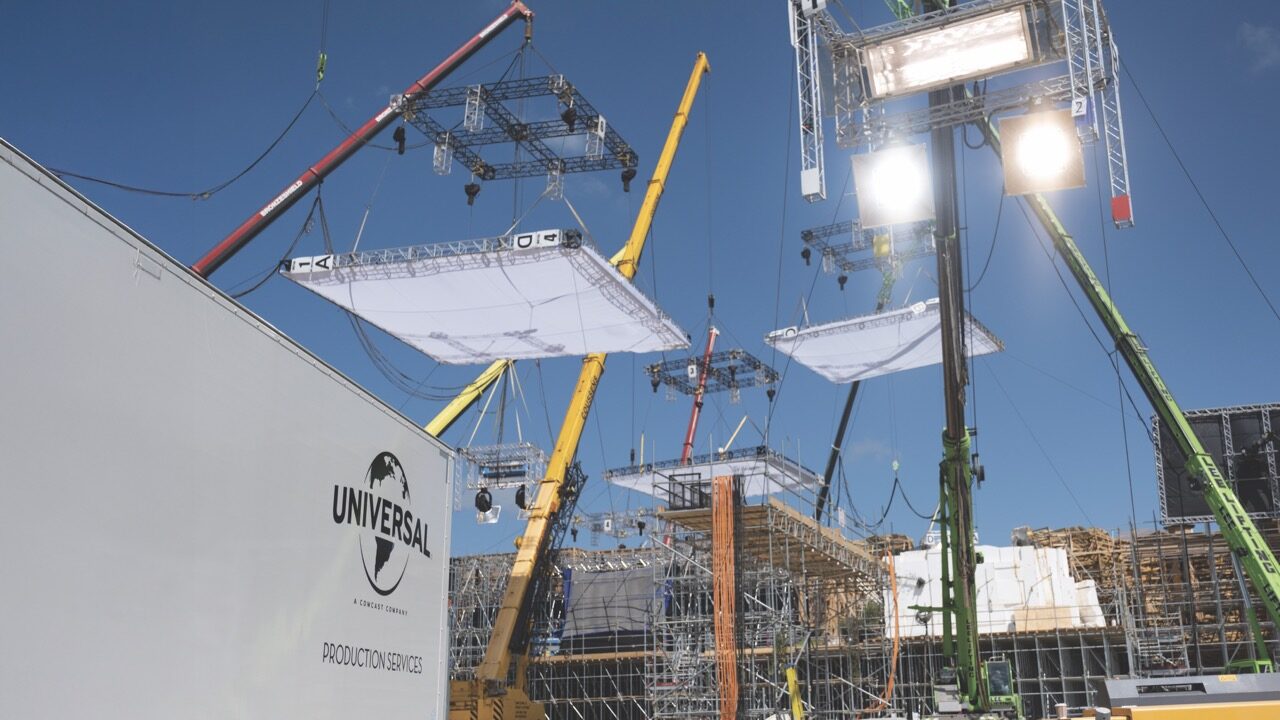
DEF: What advice would you give to filmmakers when choosing a rental partner and building a productive, collaborative relationship?
JA: Choose a partner, not just a price. Look for experience, transparency and a team that genuinely understands production pressures. The best rental relationships are built on trust – on both sides. Be open about your creative goals and constraints, and expect the same openness in return. The earlier we’re involved, the more value we can add. That’s where CameraOne excels – supporting from pre-production to wrap, not just delivering a kit list.
JB: Prioritise partnership and quality product over price. A rental company that understands your production’s unique pressures and actively works to ease them is worth far more than just a competitive rate. The best working relationships are built on openness and mutual respect. Be transparent about your needs and limitations early on, and don’t be afraid to ask questions. When we know the full picture, we can offer smarter, more tailored support. Whether that’s advising on kit choices, suggesting time-saving set-ups or handling unexpected changes. Look for a team that communicates clearly, acts quickly and treats your project like it matters – because it does. When your rental partner sees themselves as part of your crew, and not just as a vendor, that’s when the magic happens.
JC: My advice to filmmakers is to treat your rental partner as part of your core team – not just as a vendor. At Universal, we like to engage early, ask the right questions and offer solutions tailored to the specific production – not just a standard package. A good partner will find efficiencies, flag up potential issues before they become problems and scale along with you as needs evolve. Also, productions shouldn’t be afraid to share their constraints – whether creative, logistical or financial. The more transparent the relationship, the better the support. The productions that get the most out of us are those that view the relationship as a true collaboration from prep through to wrap. This is the same collaboration process we use with all our clients, whether internal, such as the two Wicked features, Bridget Jones: Mad about the Boy, or external projects with television and streaming clients.
BB: The production kit rental industry faces serious challenges, but companies that adapt can thrive. Success depends on strong client relationships, specialised equipment, expanded services and agility. Production companies must also value and support rental businesses rather than exploit them; without these essential providers, the entire industry risks decline. The message is simple: evolve and collaborate to survive – or risk becoming another casualty in this rapidly changing landscape.
Filmmakers and production companies can greatly benefit from developing a solid relationship with a rental company, as winning a major production one day can allow the rental company to offer a mates’ rates deal the next day.
For production companies too, rental services are much more likely to take a favourable view on speculatively lending equipment for a pilot production if they have confidence that, on their next major production, they’ll be retained as the primary choice for equipment supplier.
DE: Try not to think of them as just a hardware supplier. They’re there to talk through your options, and might even have kit in stock that you hadn’t considered yet. Drop in for a coffee now and then to catch up and build a relationship with the rental company. They’re often not looking to make money on every conversation, but are genuinely interested in supporting you.
DH: I would suggest choosing a rental partner with proven expertise and experience in supporting the kinds of productions you work on now, and want to work on in the future. So their list of credits will be indicative, and you can also ask other filmmakers about their experiences. The most fundamental thing is choosing someone you can trust. Equipment rental should be a collaboration, much more than a simple transaction. Ultimately, you’ll be dealing with a team of people, so go out and speak to those people; try to get a sense of the culture or DNA of the team. And – as the question states – this is a relationship, so it goes both ways; mutual respect and loyalty create the strongest foundations of any relationship.
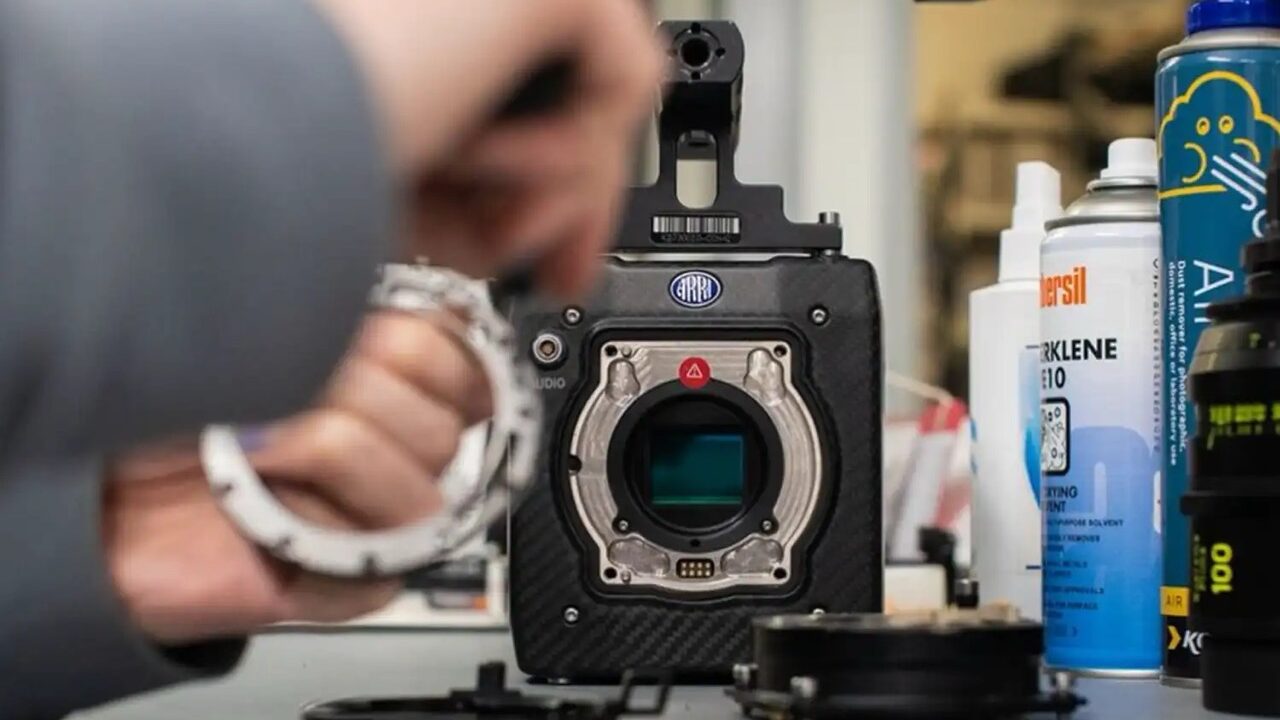
DEF: Looking ahead, what gives you optimism about the future of the rental business? Are there changes you hope to see across the wider ecosystem?
JA: Despite the headwinds at the moment, we’re optimistic. Demand for content isn’t going away – it’s just shifting. We see huge opportunities in supporting emerging creators, remote productions and hybrid workflows that blend pro and prosumer gear. We’d love to see greater collaboration across the rental ecosystem – more shared standards, interoperability and investment in talent development. CameraOne is well-positioned to lead in that space, thanks to our scale, service and deep-rooted trust in the industry.
JB: Demand for content is still incredibly strong, and that fuels real opportunity. As production ramps up again, we’re seeing new creative energy across the board. What excites me most is the momentum behind collaboration, particularly in areas like sustainability, training and diversity. We’ve been proud to be sponsors of the Raindance Film Festival, and the talent coming through in independent and short films is just incredible. There’s a new wave of creators with fresh ideas and bold perspectives, and they’re looking for partners who can support them with flexibility and care. I’d love to see continued progress around knowledge-sharing and skills development. The more we can support each other across the supply chain, the stronger and more sustainable our industry becomes. It feels like we’re entering a new chapter, and I’m excited to help shape it.
JC: What gives me optimism is the industry’s resilience and adaptability. Even through tough cycles, productions keep moving forward – and at Universal Production Services, we continue to evolve with smarter tools, greener solutions and closer collaborations with production crews.
BB: Peer-to-peer lending and owner operators provide short-term, lower cost solutions for individual small productions, but rental companies need to be viable to have the confidence to continue to invest in expensive equipment. While the industry has experienced a seismic shift since Covid-19, we’re all striving to see what the future actually looks like.
From VMI’s perspective, we’re winning dramas and documentaries and have been seeing the fullest pipeline of the past two years – this means that we’re also the most positive and optimistic for both our outlook and that of the industry – and you can quote me on that!
DE: There’s always going to be a need for rental companies, especially as equipment becomes more expensive and productions need higher quantities of kit. It’s often not financially sustainable for individuals or productions to buy gear outright for just one or two shoots. We aim to have trusted relationships with other rental houses, and we hope that continues. We all need each other, often working together, to keep productions moving within budget and pushing the boundaries of what’s possible.
DH: A period of stability would probably be the biggest hope – a settling of the new post-Covid, post-strike norm, with the gradual recovery of industry confidence leading to consistent and reliable business conditions. In the UK a source of optimism is the huge skill base of the industry workforce, who have spent years working on some of the world’s biggest productions. Also, the support of a government that sees the benefit in maintaining the UK’s position as a major production hub. At ARRI Rental, we’re optimistic because filmmakers are showing interest in such a diverse range of formats and lenses; more than ever they’re looking for creative choice, and that’s at the heart of our ethos.
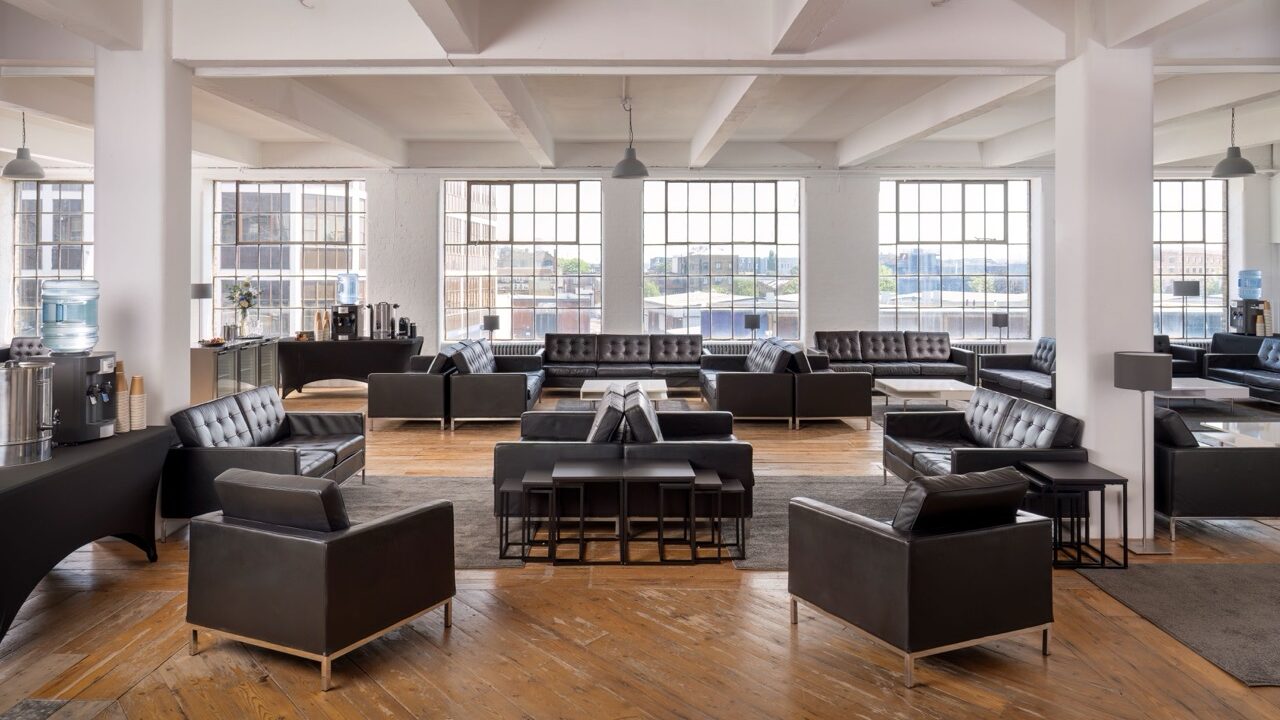
For more insights into the industry, read Round Table: Batteries.
This story appears in the July/August 2025 issue of Definition




